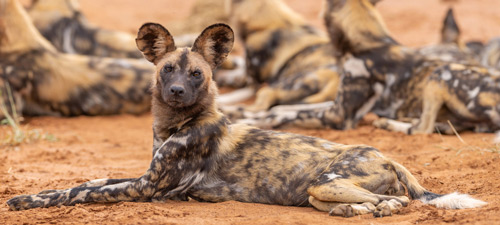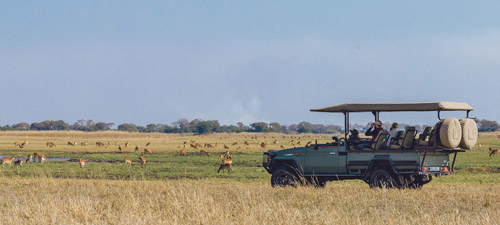A hundred years ago, our fynbos rivers pulsed with fish life: glowing redfins swarmed among the cobbles, speckled galaxias suspended weightless in the bubble line, and a pack of mottled kurpers lurked silently in the shadows. Wiley eels grinned in their cavernous lairs as night set in and their hunt began. Large cyprinids, like the Clanwilliam sandfish, migrate great distances upstream to their rocky spawning grounds as the winter floods subside. But sadly, those days are now long gone.

Low-lying reaches have been degraded by human activities like agriculture, and fish populations have been decimated by predatory alien fish. Today our fynbos rivers are largely devoid of native fish species – a depressing realisation given that most of these species occur nowhere else on the planet. Our sensitive fynbos fishes are backed into a corner like a wounded boxer. They have retracted deep into isolated mountain tributaries, now their last outposts within vast networks of uninhabitable riverscapes.

Nearly all of these species have made their way into the pages of the IUCN’s red list, and some are now so rare and isolated that they are literally swimming on the edge of extinction. Again, a depressing prospect, but there may yet be light at the end of this dark tunnel.

In 2012/13, an ambitious conservation project conducted in the Rondegat River in the Cederberg demonstrated, under the disapproving eyes of its many sceptics, that sections of rivers can be rehabilitated and cleansed of alien fish. The project was spearheaded by the local conservation authority CapeNature, and monitoring by the South African Institute for Aquatic Biodiversity (SAIAB) revealed rapid recolonisation by native fishes and aquatic invertebrates from upstream following alien fish eradication. The project showed that a chemical called rotenone can eliminate alien fish without detrimental long-term effects on the rest of the river ecosystem and thereby give our native species back some room to survive – an aquatic miracle if ever there was one!

Unfortunately, though, this solution doesn’t come cheap. This project, which successfully eradicated alien bass from four kilometres of stream and rehabilitated riparian habitat, cost more than ZAR4 million. While several species desperately need this type of intervention, future projects will rest on our ability to acquire the necessary funds – a tough challenge when working to save small, shy aquatic creatures that fall outside of the conservation spotlight.

With my new film, Fins in the Fynbos, I hope to raise the profile of these unique but globally threatened fish, highlight their struggles and offer a way to invest in their future by supporting very much-needed conservation interventions:
To comment on this story: Login (or sign up) to our app here - it's a troll-free safe place 🙂.![]()








